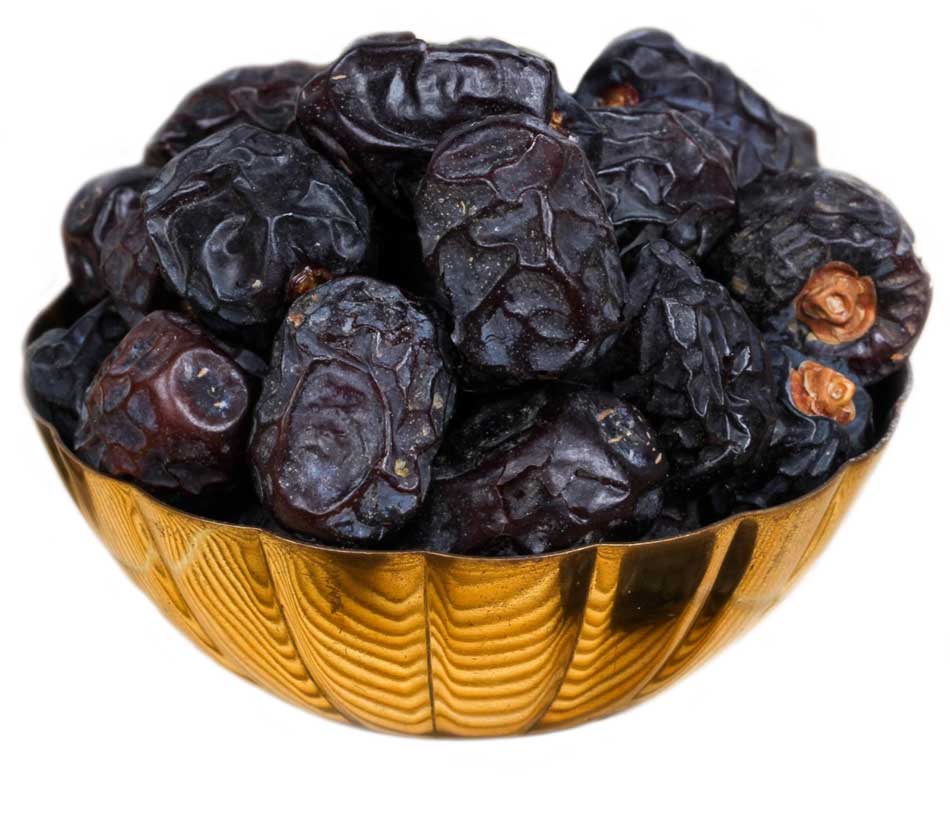
Beyond Ajwa’s Allure: Sustainable Practices in Date Palm Cultivation
Kurma Ajwa, a date variety, might be your favorite, but the story goes beyond taste. This blog post ventures beyond the allure of Ajwa dates, delving into the environmental impact of date palm cultivation. We’ll explore the challenges and opportunities associated with sustainable date palm farming, uncovering practices that can minimize its footprint on the environment. Prepare to embark on a journey towards a more sustainable future for date production!
Kurma Ajwa: A Delicious Reminder
- A World of Dates: The presence of Ajwa dates on store shelves highlights the international appreciation for various date types.
- Beyond the Delight: This post explores the environmental impact of date palm cultivation, the source of these delicious fruits, including Ajwa dates.
A Balancing Act: Environmental Impact of Date Palm Cultivation
Date palm cultivation offers significant benefits, but also presents environmental challenges:
- Water Consumption: Date palms require significant water for growth, potentially straining water resources in arid regions.
- Soil Degradation: Intensive cultivation practices can lead to soil erosion and salinization, impacting long-term productivity.
- Biodiversity Loss: Monoculture date plantations can contribute to a loss of biodiversity in desert ecosystems.
Understanding these challenges is crucial for promoting sustainable practices in date palm cultivation.
Cultivating Change: Sustainable Practices for a Greener Future
Fortunately, there are promising approaches to minimize the environmental impact of date palm cultivation:
- Water Efficiency: Implementing drip irrigation and utilizing recycled water can significantly reduce water consumption.
- Organic Practices: Embracing organic farming methods promotes soil health and reduces reliance on chemical fertilizers and pesticides.
- Crop Rotation: Rotating date palms with other crops helps maintain soil fertility and prevent salinization.
- Biodiversity Initiatives: Encouraging native plant growth within and around date plantations can promote biodiversity.
- Renewable Energy: Shifting towards renewable energy sources for powering irrigation systems reduces reliance on fossil fuels.
By adopting these sustainable practices, date palm cultivation can become a more responsible and eco-friendly endeavor.
The Future of Kurma Ajwa: A Sustainable Delight
Sustainable practices pave the way for a brighter future for date production, including Ajwa dates:
- Sustainable Ajwa: By implementing sustainable practices, we can ensure the continued production of beloved varieties like Ajwa dates while minimizing environmental impact.
- A Greener Future: Embracing sustainable practices contributes to a greener future for date palm cultivation, benefitting future generations.
By supporting sustainable date farming practices, we can savor Ajwa dates and other delicious date varieties with a clear conscience, knowing they were produced with the environment in mind.
Conclusion: Beyond Ajwa’s Allure: A Celebration of Sustainable Date Cultivation
The story goes far beyond Ajwa’s allure:
- Kurma Ajwa: Kurma Ajwa serves as a reminder of the global love for dates and their captivating varieties.
- A Balancing Act: This blog post explored the environmental impact of date palm cultivation, highlighting challenges like water consumption, soil degradation, and biodiversity loss.
- Cultivating Change: We discussed sustainable practices such as water efficiency, organic practices, crop rotation, and renewable energy that can minimize the environmental footprint of date palm cultivation.
- The Future of Kurma Ajwa: Sustainable practices pave the way for a future where Ajwa dates and other date varieties can be enjoyed responsibly, ensuring the long-term health of our planet.
Key Highlights
- Date palm cultivation, while providing delicious fruits like Ajwa dates, can lead to environmental challenges such as high water consumption, soil degradation, and biodiversity loss.
- Sustainable practices like drip irrigation, organic farming, crop rotation, and renewable energy can significantly reduce the environmental footprint of date palm cultivation.
- By supporting sustainable date farming, we can enjoy these delectable fruits with a clear conscience and contribute to a greener future.